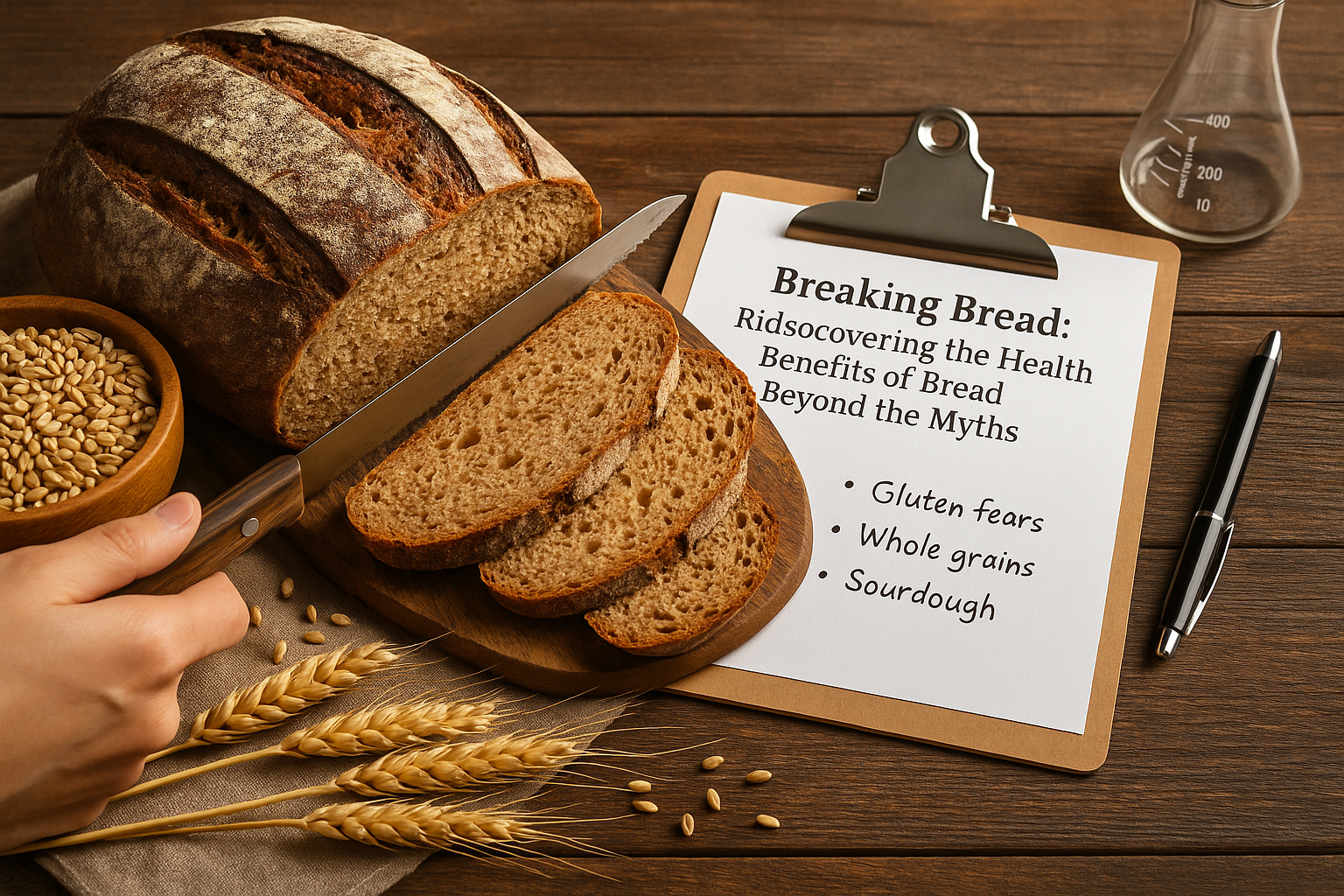
Carob Powder: The Rising Star in Modern Cuisine
SUBSCRIBE TO OUR BLOG
Promotions, new products, and recipes.
In recent years, carob powder has emerged as a versatile and nutritious ingredient, captivating the attention of health-conscious consumers and culinary enthusiasts alike. This blog explores the growing popularity of carob powder in modern cuisine, delving into its origins, benefits, and diverse applications. From its use as a cocoa substitute to its role in vegan and gluten-free recipes, discover why it is becoming a staple in kitchens around the world. As we uncover the many facets of this remarkable ingredient, you'll learn how carob can enhance your cooking and contribute to a healthier lifestyle.

The Origins and Production of Carob Powder
Carob, derived from the pods of the carob tree (Ceratonia siliqua), has a rich history dating back thousands of years. Native to the Mediterranean region, this evergreen tree produces long, dark brown pods filled with seeds and a sweet pulp. The use of carob can be traced back to ancient civilizations, where it was valued for its nutritional properties and natural sweetness.
To create carob powder, these pods are harvested, dried, and ground into a fine, cocoa-like substance. The production process is relatively simple and environmentally friendly, as carob trees are naturally drought-resistant and require minimal irrigation. This sustainability factor adds to the appeal of it as an eco-conscious ingredient choice.
Health Benefits of Carob Powder
The rising popularity of this can be attributed in part to its impressive array of health benefits. The carob benefits are as follows:
- Rich in Nutrients: Carob is packed with essential vitamins and minerals, including calcium, potassium, and iron. These nutrients contribute to overall health, supporting bone strength, muscle function, and oxygen transport in the body.
- High in Fiber: The powder contains both soluble and insoluble fiber, promoting digestive health and regularity. This high fiber content can also help maintain healthy cholesterol levels and improve heart health.
- Naturally Sweet: It has a natural sweetness, reducing the need for added sugars in recipes. This makes it an excellent option for those looking to decrease their sugar intake without sacrificing flavor.
- Low in Fat: Compared to cocoa powder, it is significantly lower in fat content. This makes it a suitable option for those following low-fat diets or looking to reduce their calorie intake.
- Caffeine-Free: Unlike chocolate, carob contains no caffeine, making it suitable for those sensitive to stimulants or looking to avoid caffeine in their diet.
- Antioxidant Properties: It contains polyphenols and other antioxidants that help protect cells from oxidative stress and may contribute to overall health and longevity.
Carob Powder vs Cocoa Powder: A Comparative Analysis
While carob powder is often used as a cocoa substitute, the two ingredients have distinct differences that are worth exploring:
Taste Profile
- Carob: Naturally sweet with a mild, nutty flavor that some describe as like caramel
- Cocoa: Rich, bitter taste that typically requires sweetening to be palatable in most recipes
Nutritional Content
- Carob: Lower in fat, caffeine-free, higher in carbohydrates, and contains more fiber
- Cocoa: Higher in fat, contains caffeine and theobromine, lower in carbohydrates, and rich in flavonoids
Cooking Properties
- Carob: Easier to work with due to its natural sweetness and does not require as much fat to achieve a smooth texture
- Cocoa: Requires additional sweeteners and fats for optimal flavor and texture in recipes
Allergen Considerations
- Carob: Often well-tolerated by those with chocolate allergies or sensitivities
- Cocoa: May trigger allergic reactions in some individuals
While both ingredients have their merits, carob powder's unique properties make it an attractive option for those seeking alternatives to traditional cocoa powder.
Carob Powder in Vegan Recipes
Vegan chefs and home cooks have embraced carob powder for its versatility in plant-based recipes:
- Vegan Chocolate Alternatives: Carob can be used to create dairy-free "chocolate" treats such as bars, truffles, and sauces. Its natural sweetness and smooth texture make it an excellent base for vegan confections.
- Smoothie Enhancer: Add a spoonful to smoothies for a nutritious boost. It pairs well with plant-based milk, fruits, and leafy greens, creating delicious and healthy beverages.
- Plant-Based Ice Cream: Carob powder adds depth to vegan ice cream recipes, providing a rich flavor without the need for dairy or excessive sweeteners.
- Energy Balls: Combine it with nuts, seeds, and dates to create healthy, on-the-go snacks that are both nutritious and satisfying.
- Vegan Baked Goods: Incorporate it into cakes, cookies, and brownies for a chocolatey flavor without animal products.
- Nut Butter Blends: Mix it into homemade or store-bought nut butters for a delicious spread that's reminiscent of chocolate hazelnut spreads.
Carob Powder for Gluten-Free Baking
For those following a gluten-free diet, carob powder offers exciting possibilities in the kitchen:
- Gluten-Free Flour Blends: Carob powder can be incorporated into gluten-free flour mixes for added flavor and nutrition. It works well with alternatives like almond flour, coconut flour, and rice flour.
- Texture Enhancement: The powder helps improve the texture of gluten-free baked goods, adding moisture and preventing the dryness often associated with gluten-free products.
- Natural Colorant: Use carob to achieve a rich brown color in gluten-free baked goods without relying on artificial additives or food coloring.
- Moisture Retention: Carob powder aids in maintaining moisture in gluten-free recipes, helping to extend the shelf life of baked goods and prevent them from becoming stale quickly.
- Binding Agent: In some recipes, carob powder can act as a mild binding agent, helping to hold gluten-free ingredients together more effectively.
Innovative Culinary Applications of Carob
As chefs and food enthusiasts explore carob's potential, new and creative uses continue to emerge:
- Savory Dishes: Carob adds depth to sauces, marinades, and rubs for meats and vegetables. Its subtle sweetness can balance out spicy or acidic flavors in savory recipes.
- Beverages: Create unique hot and cold drinks, from lattes to smoothies. It can be used to make rich, creamy beverages that are reminiscent of hot chocolate but with a unique flavor profile.
- Dessert Innovations: Experiment with it in mousses, puddings, and truffles. Its natural sweetness and smooth texture make it ideal for creating indulgent yet healthier desserts.
- Breakfast Boost: Sprinkle carob powder over oatmeal, yogurt, or granola for added flavor and nutrition. It's an easy way to incorporate this superfood into your daily routine.
- Energy Bars: Use it as a key ingredient in homemade energy bars, combining it with nuts, seeds, and dried fruits for a nutritious snack.
- Spreads and Dips: Incorporate carob into homemade nut butter spreads or use it to create sweet dips for fruit and crackers.
The Future of Carob in the Food Industry
As consumers become more health-conscious and environmentally aware, the demand for carob powder is likely to continue growing. Food manufacturers are increasingly incorporating carob into their products, from protein bars to plant-based milk alternatives. The versatility of this powder makes it an attractive ingredient for product developers looking to create innovative, health-focused offerings.
Conclusion
As we've explored, carob powder's versatility, health benefits, and unique flavor profile have solidified its place in modern cuisine. From its rich nutritional content to its adaptability in various dietary needs, it offers a world of culinary possibilities. Whether you're a health-conscious consumer, a vegan chef, or simply looking to expand your culinary horizons, carob powder presents exciting opportunities to enhance your cooking and baking.
Ready to experience the delicious potential of carob for yourself? Visit Cape Crystal Brands at https://www.capecrystalbrands.com/products/locust-bean-gum-carob-gum to discover high-quality carob powder and elevate your culinary creations today. Embrace the carob revolution – your taste buds and your body will thank you! With Cape Crystal Brands, you're not just choosing an ingredient; you're investing in a healthier, more flavorful future.
FAQs
Does carob powder a good substitute for cocoa powder in all recipes?
While carob powder can often be substituted for cocoa powder, it has a different flavor profile and sweetness level. Adjustments to the recipe may be necessary for optimal results, particularly in terms of sweetness and liquid content.
Does carob powder contain caffeine?
No, carob powder is naturally caffeine-free, making it a suitable alternative for those avoiding caffeine or for use in evening desserts without risking sleep disturbances.
Can carob powder help with weight management?
Carob powder is lower in fat and calories compared to cocoa powder, which may be beneficial for weight management when used as part of a balanced diet. Its high fiber content can also help promote a feeling of fullness.
Is carob powder suitable for people with chocolate allergies?
Carob powder is often well-tolerated by individuals with chocolate allergies, but it's always best to consult with a healthcare professional before making dietary changes, especially if you have severe allergies.
How should carob powder be stored?
Keep carob powder in an airtight container in a cool, dry location. When properly stored, it can remain fresh for several months to a year. To prevent clumping, avoid exposing it to moisture.
Can carob powder be used in raw food recipes?
Yes, carob powder is excellent for raw food recipes as it doesn't require cooking to be safe for consumption or to develop its flavor. It's a popular ingredient in raw desserts and energy balls.


|
About the Author Ed is the founder of Cape Crystal Brands, editor of the Beginner’s Guide to Hydrocolloids, and a passionate advocate for making food science accessible to all. Discover premium ingredients, expert resources, and free formulation tools at capecrystalbrands.com/tools. — Ed |
Enjoyed this post? Subscribe to The Crystal Scoop
Food-science tips, ingredient know-how, and recipes. No spam—unsubscribe anytime.
- Choosing a selection results in a full page refresh.




